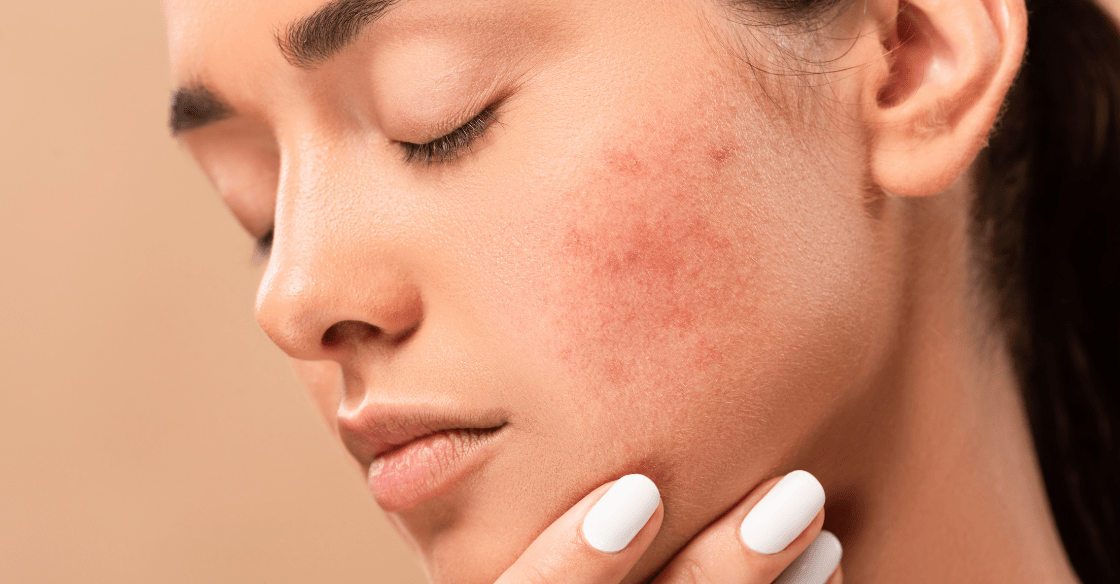

Email Us
info.beautyskincure@gmail.com


info.beautyskincure@gmail.com

Dealing with acne can be a frustrating and confidence-shaking experience. Whether it’s the occasional pimple or a more persistent case with cysts, finding a solution is a top priority for many. While severe acne often requires professional medical treatment, numerous effective home remedies can significantly reduce breakouts, soothe inflammation, and promote healing. This guide explores 16 natural approaches to help you manage acne and reclaim clear, healthy skin.
Acne is a common skin condition that occurs when hair follicles become clogged with oil and dead skin cells. This environment creates the perfect breeding ground for bacteria, leading to inflammation and those familiar lesions we call pimples, blackheads, whiteheads, and in more severe cases, painful cysts. Several factors contribute to acne, including hormonal changes, genetics, stress, diet, and certain medications. It’s not caused by poor hygiene alone, though keeping the skin clean is a crucial part of management. Understanding that acne is a medical condition helps in treating it with the patience and respect it requires, rather than with harsh, damaging methods.
Turning to home remedies for acne offers several significant benefits. Firstly, they are generally more accessible and affordable than prescription medications or clinical acne treatments. Many of these remedies use ingredients you might already have in your kitchen or pantry. Secondly, natural treatments often have fewer side effects than strong chemical alternatives, making them gentler on your skin, especially for those with sensitivity. They work by leveraging the natural anti-inflammatory, antibacterial, and soothing properties of plants and foods to reduce redness, fight bacteria, and absorb excess oil. For mild to moderate acne, a consistent home care routine can be incredibly effective.
Always patch test any new remedy on a small area of skin first to ensure you don’t have an adverse reaction. Consistency is key—results won’t happen overnight.
In the quest for clear skin, many people inadvertently make their acne worse.
Managing acne is a journey that requires a blend of the right knowledge, consistent care, and patience. These 16 home remedies for acne offer a natural, gentle, and effective starting point. Remember, what works for one person may not work for another, so listen to your skin. If your acne is severe, cystic, or not responding to home care after several weeks, it is crucial to consult a dermatologist. They can provide targeted therapy for acne and help you develop a personalized plan to achieve the healthy, clear skin you deserve.
Q: How can I get rid of acne and acne scars?
A: Preventing new acne is the first step to avoiding scars. Use the remedies above to manage breakouts. For existing scars, natural remedies like aloe vera, honey, and rosehip seed oil can help improve their appearance by promoting skin regeneration. For deep scars, professional treatments like microneedling or laser therapy are often necessary.
Q: How to treat acne fast at home?
A: For a single pimple, ice can reduce swelling quickly. A targeted spot treatment with diluted tea tree oil or a dab of benzoyl peroxide (if your skin tolerates it) can also help speed up healing overnight.
Q: What naturally kills acne?
A: Natural ingredients with strong antibacterial properties include tea tree oil, honey, and the organic acids in apple cider vinegar. These help kill the P. acnes bacteria that contribute to breakouts.
Q: How to rid acne on back?
A: Back acne (bacne) can be stubborn. Try washing your back after conditioning your hair to prevent pore clogging. Use a body wash with salicylic acid or a diluted apple cider vinegar spray. Wear clean, breathable cotton clothing and shower immediately after sweating.
Q: How to get remove acne scars?
A: While complete removal is difficult, fading is possible. Consistent use of sunscreen prevents scars from darkening. Natural remedies like aloe vera, lemon juice (with caution), and gentle exfoliation with oatmeal can gradually improve skin texture and tone over time.
Leave a Reply